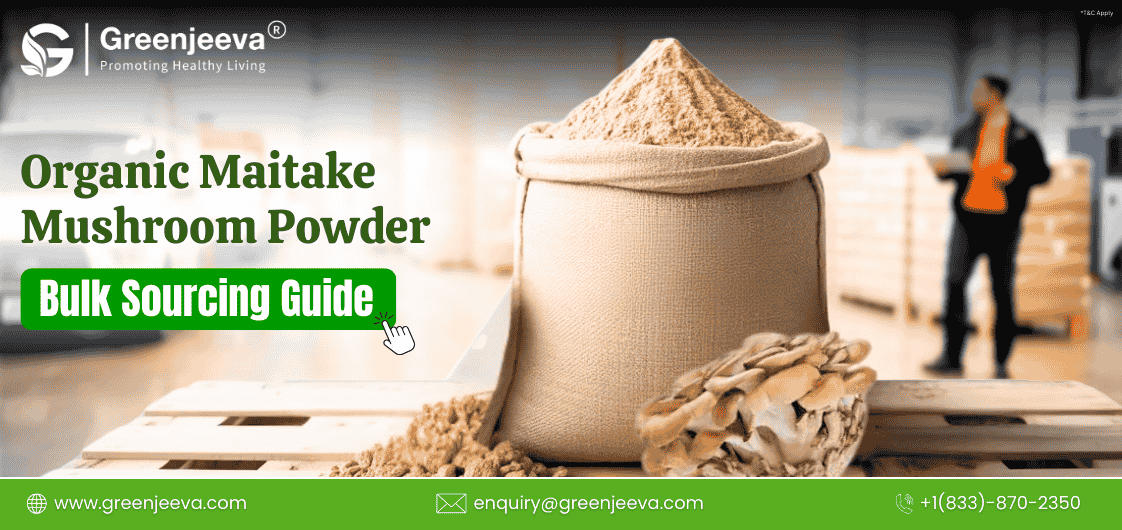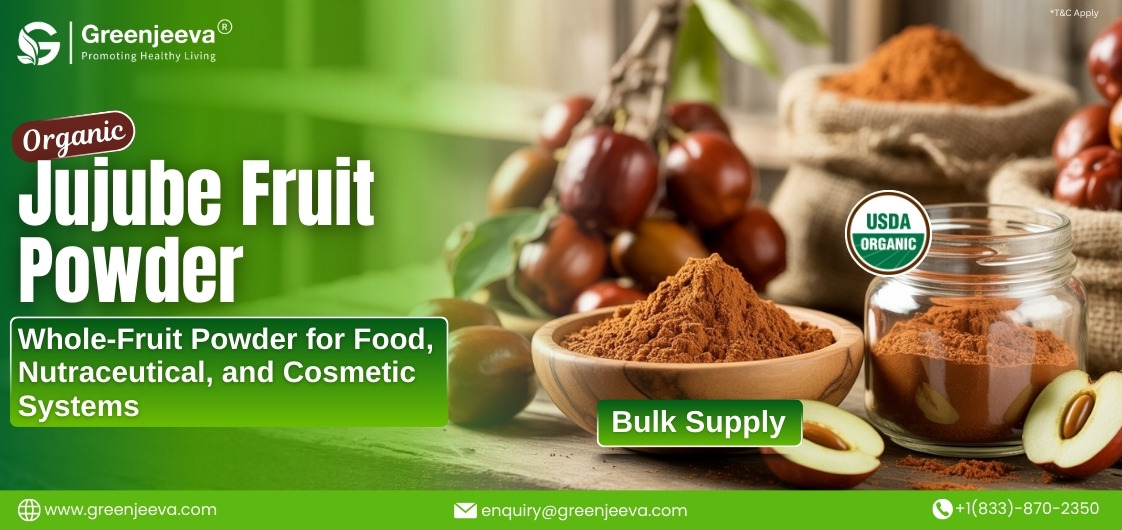Exploring High Vitamin C Ingredients Beyond Camu Camu for B2B Application

In the world of nutritional supplements and functional foods, vitamin C is a star player. This essential nutrient is in high demand because of its numerous health benefits and antioxidant properties. Traditionally, Camu Camu has been the go-to source for high vitamin C content. However, this blog post will explore the diverse world of high vitamin C ingredients beyond Camu Camu, explicitly focusing on their B2B applications.
The Vitamin C Revolution
Vitamin C, ascorbic acid, is essential for various bodily functions, including collagen production, health system support, and antioxidant defense. It's no wonder that businesses in the health and wellness sector are constantly seeking reliable sources of this nutrient to incorporate into their products.
Camu Camu: The Traditional Source
Camu Camu, a small sour fruit native to the Amazon rainforest, has been celebrated for its exceptionally high vitamin C content. This fruit has long been a staple in the dietary supplement industry, providing a natural and potent source of vitamin C.
Beyond Camu Camu: Exploring Alternative Sources
While Camu Camu is undoubtedly a valuable source of vitamin C, the rising demand for this nutrient has led to exploration beyond traditional sources. Several alternative ingredients are gaining attention in the B2B market for their vitamin C-rich properties.
Let's delve into some of these options:
Acerola Cherry Extract: Acerola cherries are renowned for their vitamin C content and are often used as an alternative to Camu Camu. Extracts from these cherries are rich in antioxidants and have applications in nutritional supplements and functional foods.
Rose Hips: The rose hip, the fruit of the wild rose plant, is another vitamin C powerhouse. It offers a natural and sustainable source of this nutrient. Rose hip extracts are used in various B2B applications, including dietary supplements and skin care products.
Baobab Fruit: The baobab tree's fruit is an emerging source of vitamin C. Indigenous to Africa, the baobab fruit is known for its impressive vitamin C levels and high fiber content. It's being incorporated into smoothie mixes, energy bars, and supplements.
Supply Chain Management in Vitamin C Sourcing
As businesses explore alternative high-vitamin C ingredients, supply chain management becomes crucial. Ensuring a reliable and sustainable supply of these ingredients is vital for B2B applications. Here are some key considerations:
Supplier Selection: Choose suppliers known for their commitment to quality and sustainability. Verify certifications and track records in sourcing high-quality ingredients.
Quality Assurance: Implement rigorous quality control measures to ensure the vitamin C content meets your product specifications.
Sustainability: Assess the sustainability of ingredient sources to support ethical and eco-friendly practices.
Traceability: Ensure a transparent supply chain with clear traceability from source to final product.
Nutritional Supplements and Functional Foods
High vitamin C ingredients are not limited to supplements. They are finding their way into various B2B applications, including:
Dietary Supplements: Capsules, tablets, and powders formulated for health support, skin health, and overall well-being.
Functional Foods: Incorporating vitamin C-rich ingredients into energy bars, smoothie mixes, and fortified foods.
Cosmetics and Skincare: Utilizing vitamin C for its antioxidant and skin-brightening properties.
Meeting B2B Demand
As the demand for vitamin C-rich ingredients rises, businesses must adapt and diversify their sourcing strategies. While Camu Camu remains a valuable source, exploring alternative options like acerola cherries, rose hips, and baobab fruit can offer unique advantages and cater to evolving consumer preferences.
Conclusion
The B2B market for high vitamin C ingredients is dynamic and growing. Businesses in the health and wellness sector can explore a wide range of sources beyond Camu Camu. By diversifying sourcing strategies, maintaining strict quality control, and understanding the diverse applications of these ingredients, companies can thrive in the vitamin C revolution. Stay tuned for more insights into nutritional ingredients and B2B applications.
**The Food and Drug Administration has not evaluated these statements. This product is not intended to diagnose, treat, cure, or prevent any disease.**
Also know- Ascorbic Acid , Ascorbyl Palmitate Powder ,






